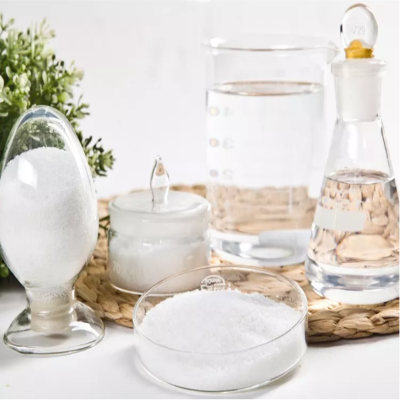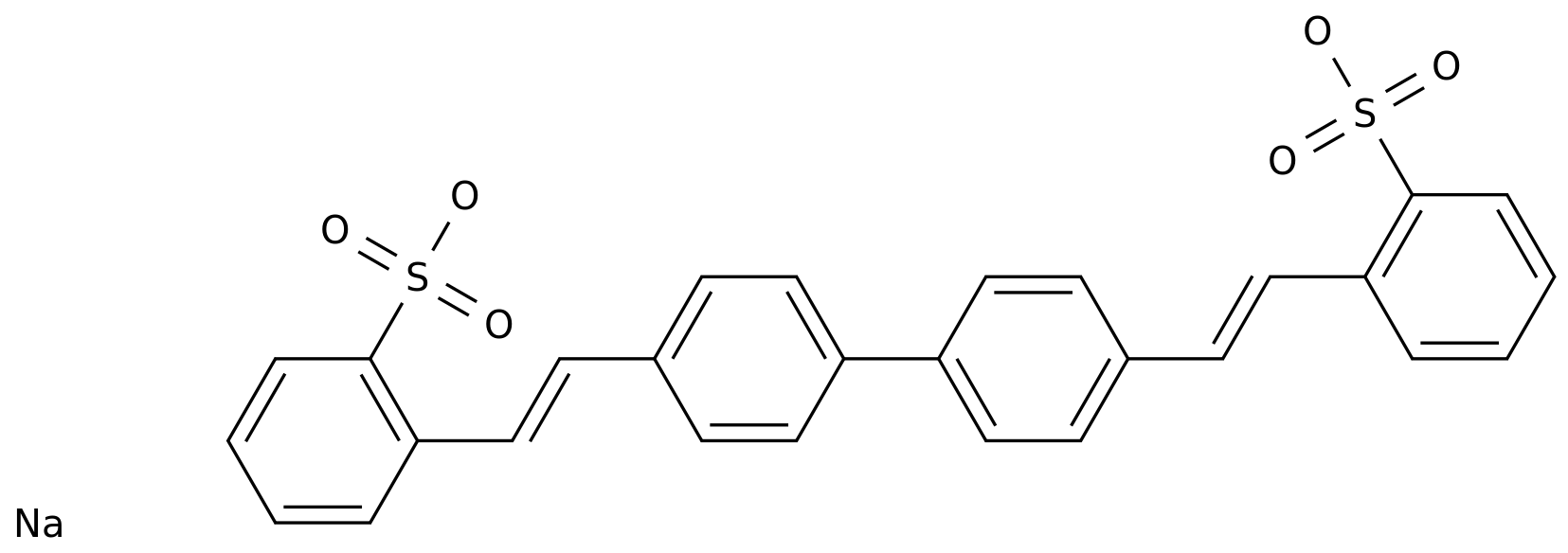-
Categories
-
Pharmaceutical Intermediates
-
Active Pharmaceutical Ingredients
-
Food Additives
- Industrial Coatings
- Agrochemicals
- Dyes and Pigments
- Surfactant
- Flavors and Fragrances
- Chemical Reagents
- Catalyst and Auxiliary
- Natural Products
- Inorganic Chemistry
-
Organic Chemistry
-
Biochemical Engineering
- Analytical Chemistry
-
Cosmetic Ingredient
- Water Treatment Chemical
-
Pharmaceutical Intermediates
Promotion
ECHEMI Mall
Wholesale
Weekly Price
Exhibition
News
-
Trade Service
The EU is anti-dumping of products such as aluminum wheels in China, and the European auto industry may be harmed
.
A World Trade Organization (WTO) provision on China's accession to the WTO is about to expire, which could lead to higher
prices for European goods made from Chinese imported components and raw materials.
According to reports, on December 11, the clause expires, and the EU will either grant China "market economy status" or draft new rules that would eliminate the EU's past differences
in its treatment of market and non-market economies.
It is unlikely that China will gain market economy status at the end of its WTO provisions
.
He said there was too much pressure on southern EU countries and industry to maintain protections and even raise tariffs
.
Under the proposal unveiled last month, the European Commission is working to adjust its anti-dumping and countervailing policy framework to facilitate stricter regulations
.
Stephen Adams, a partner at Global Counsel LLP, a London-based consultancy, said finance executives who outsource parts of their supply chains to Chinese companies were concerned
.
When companies outsource operations to China, tariffs are seen as a cost factor rather than a protective measure
, he said.
The European auto industry could be hit
by higher import tariffs imposed by the EU on Chinese components and intermediate goods such as aluminum wheels.
European automakers, including Germany's BMW AG and France's Peugeot and Renault, currently pay a 22.
3 percent tariff
on imported Chinese aluminum wheels.
This tax is currently under review
by the European Commission.
A person familiar with the European auto industry said the auto industry was hit
by the punitive tariffs.
The person also said that these were unnecessary additional costs that automakers could have invested elsewhere
.
Other industries could also suffer
.
Wacker Chemie, a German chemical company, exports polysilicon to China, where it is used to produce solar panels, which are sold back to Europe
.
Some German textile producers are also worried about tariffs
on Chinese imports.
For the production of technical textiles, many companies rely on Chinese substrate supplies
.
Xu Bin, a finance professor at China Europe International Business School in Shanghai, said European companies could face retaliatory measures
from China if the EU does not grant China market economy status.
In a November 10 statement, China's Ministry of Commerce said it would reserve the right to take all necessary measures to resolutely safeguard its legitimate rights and interests
.
The day before, the Commission formally submitted a proposal
to amend its anti-dumping legal regime.
It is reported that Javier Gimenor, the Asia-Pacific general representative of the French industrial company Compagnie de Saint-Gobain SA, said that friction is not good for all parties and that tough unilateral measures
should be avoided.







